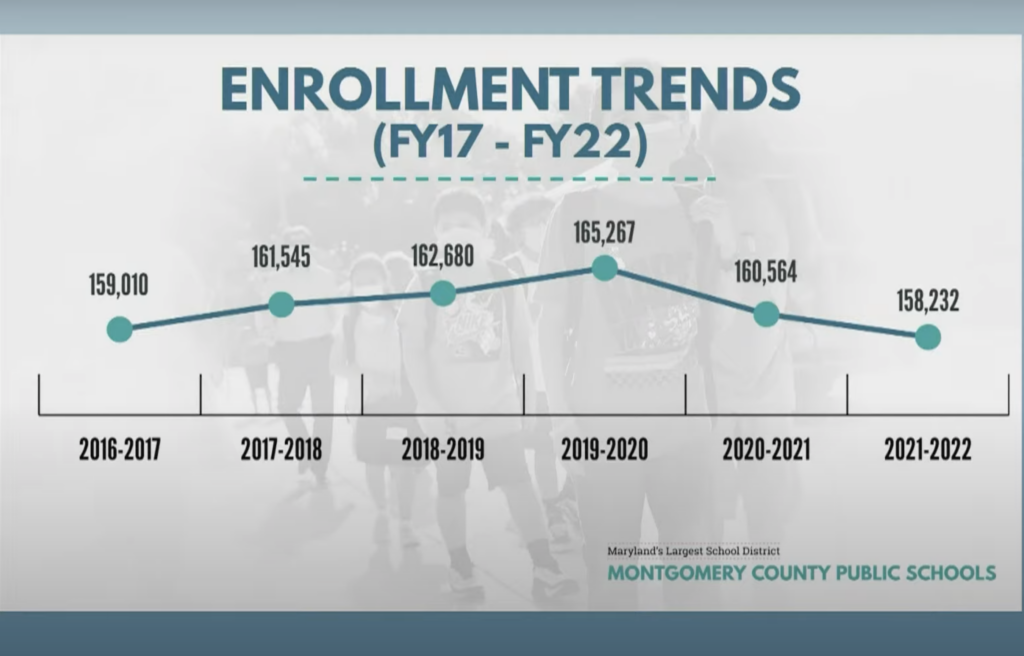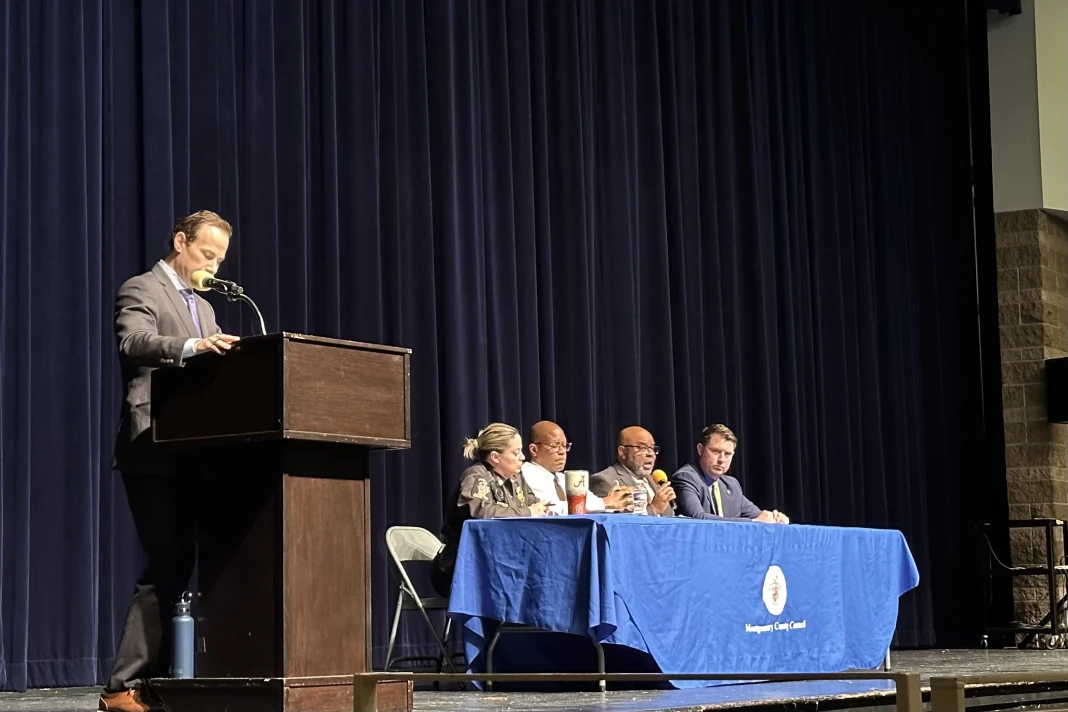As the dust begins to settle after the unprecedented challenges posed by the COVID-19 pandemic, a stark reality has emerged—the quality of American schools is experiencing a striking decline. All across the country, the abrupt shift to virtual learning, social isolation and the anxieties surrounding the pandemic have left lasting imprints on students’ mental health.
A July 2022 report from the National Center for Education of Statistics found that more than 80 percent of U.S. public schools report that the pandemic has negatively impacted student behavior and socio-emotional development throughout the school year. Whether attributed to the challenges of adapting to remote instruction or the strain of increased workloads, the consequences are not solely felt by students but also by teachers.
According to a July 2023 Washington Post article, studies point to a decline in the quality of American teaching. This erosion of teaching quality jeopardizes not only academic outcomes but also the development of students. Teachers are at the heart of any successful education system, shaping the minds of the future generation. That is why the decline in teaching quality and the compromised socio-emotional development of students threaten the very essence of education. MCPS schools and administrations must recognize the situation’s urgency and take decisive action to address these challenges head-on.
Schools should prioritize continuous professional development for teachers, which can be done by strengthening the connection between educators and their administrators. This can happen through increased administrator check-ins during class and regular meetings outside of the classroom. This time investment will ensure that educators continue to deliver high-quality instruction, align their goals and intentions with the school administration and adapt to the ever-evolving educational atmosphere more successfully.
For students, education is not just about acquiring knowledge but also about nurturing well-rounded individuals capable of navigating the complexities of life. So, MCPS must allocate resources for mental health support services within schools. Trained counselors and psychologists can play a pivotal role in identifying and addressing the emotional needs of students, helping them cope with the challenges they have faced during the pandemic.
Parents, too, can be engaged in this recovery process. All teachers know that only so much can be done for a student in the classroom. Parents must be involved with their children so that students can be productive at home and school—which they often are not—especially at the high school level, where teenagers are given more freedom and independence. Educators and parents must utilize regular parent-teacher conferences and digital conversations via email to create the supportive environment students need. After all, ParentVUE will only tell a parent so much about their child’s work ethic or school habits.
Furthermore, WCHS must reevaluate the curriculum and assessment practices to ensure they align with the current needs of students. For example, many WCHS students are currently experiencing a shock in certain classes like Honors Chemistry or Honors English as their teachers try to teach courses that acknowledge the abilities of all students while addressing the difficulty levels of Honors and AP courses. The lack of non-honors courses combined with the competitive culture at WCHS does not make it easy for students or teachers.
Some may argue that the education at WCHS is already highly reputable and that the decline in the quality of schools is not as present in MCPS. However, the excellent reputation of a single school or county does not protect it from a global crisis; WCHS, along with other MCPS high schools, is still dealing with the lack of substitute teachers, unstable teacher and staff positions and chronic absenteeism every year.
The decline in teaching quality and the adverse effects on student well-being are pressing issues that demand immediate attention, as they will only progress into permanent problems. By investing in teacher development, prioritizing mental health support services, fostering parental involvement and reevaluating academic pressures, WCHS can embark on a path to revitalizing high-quality education and fulfilling the school’s outstanding reputation. In all honesty, the future of society depends on the welfare and preparedness of the next generation of students, and it is the collective responsibility of everyone in the WCHS community to ensure they receive the education they deserve.









